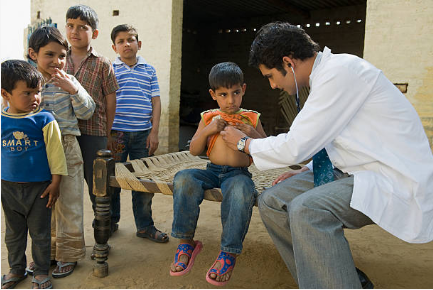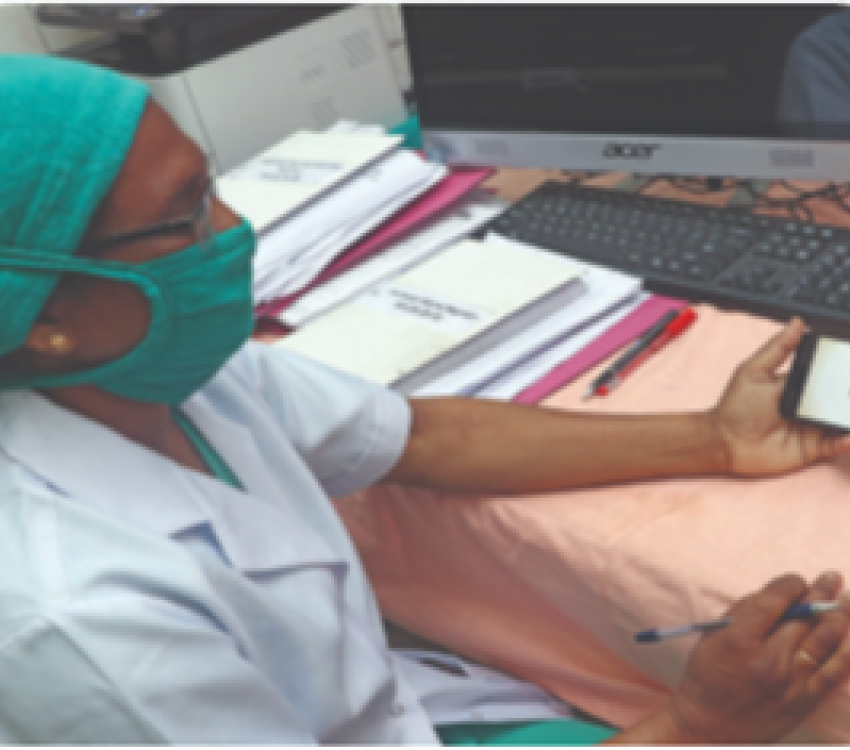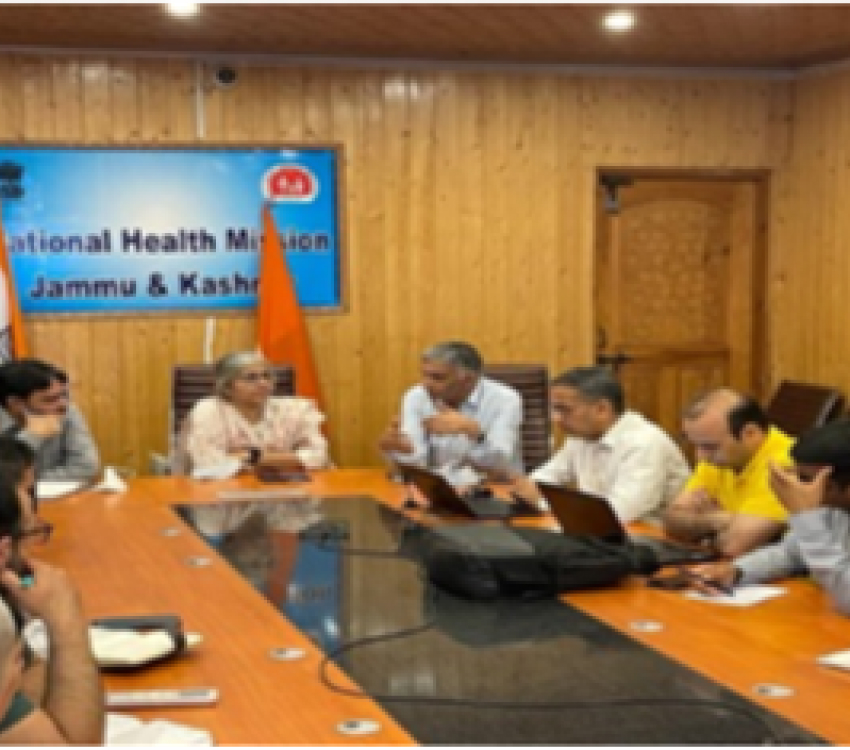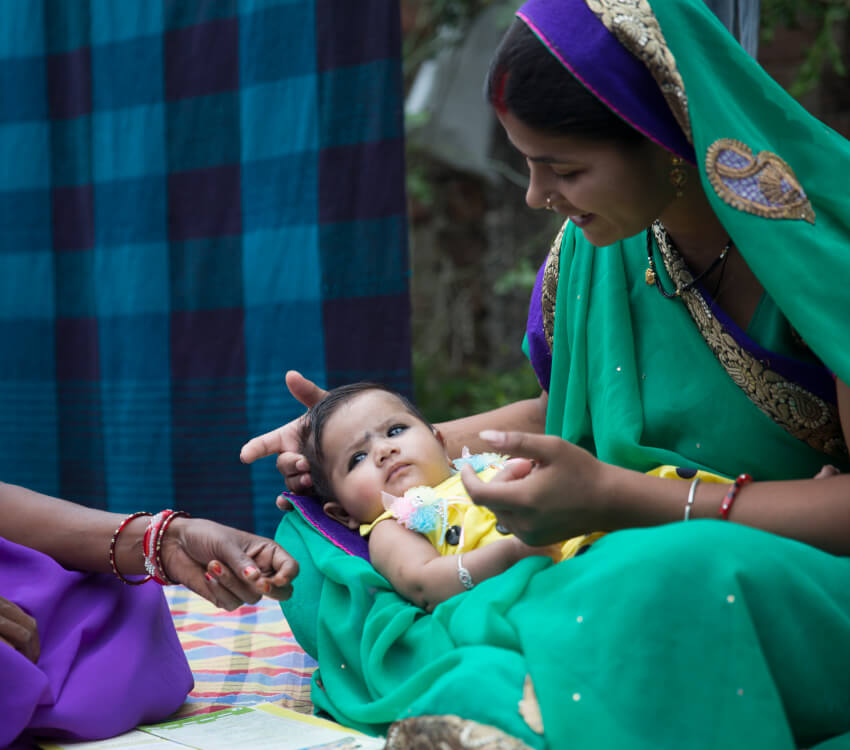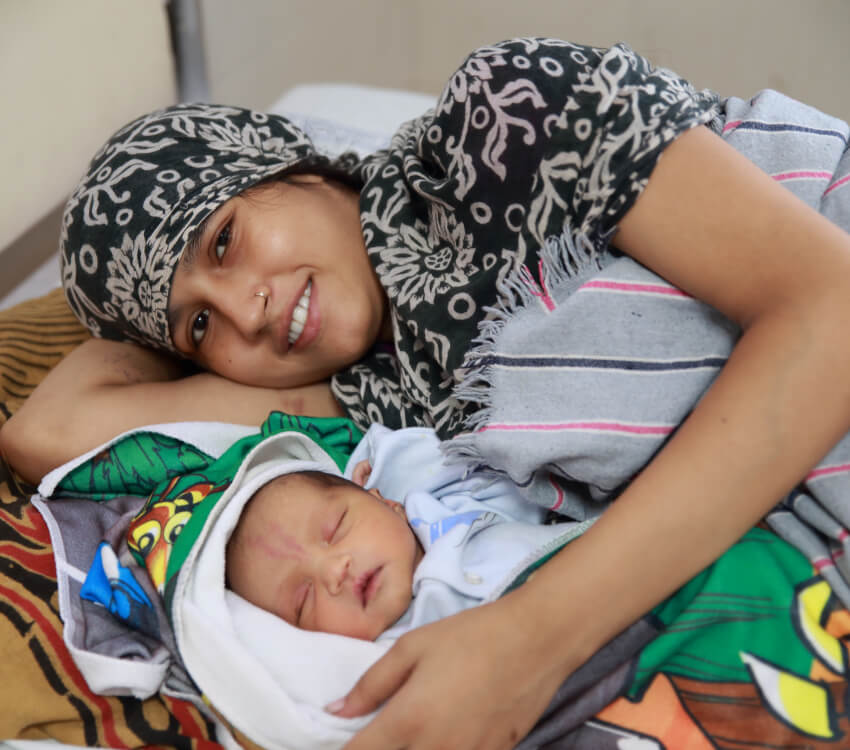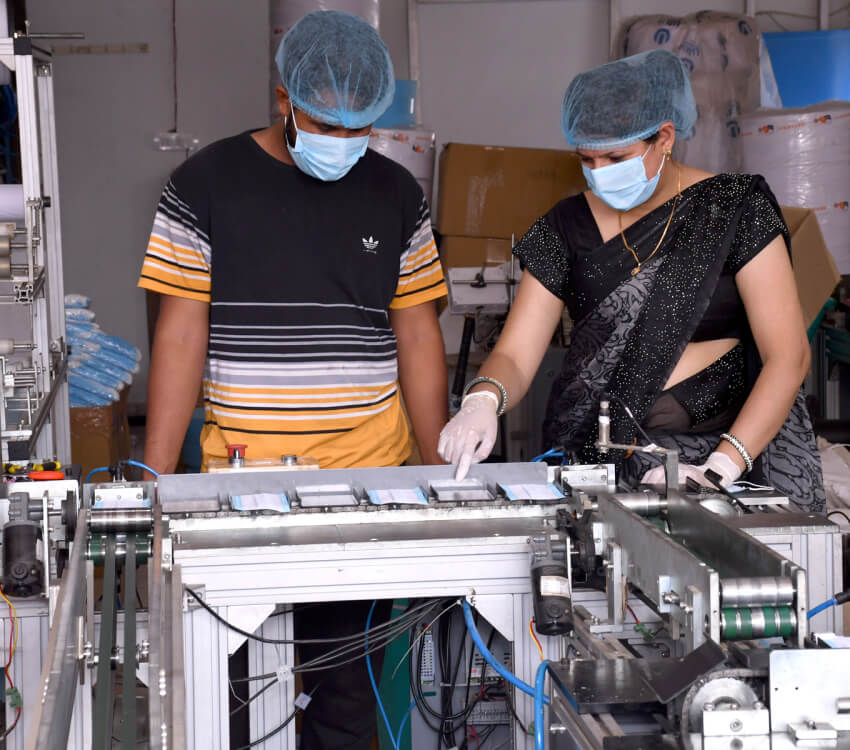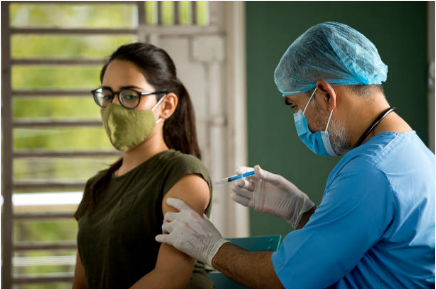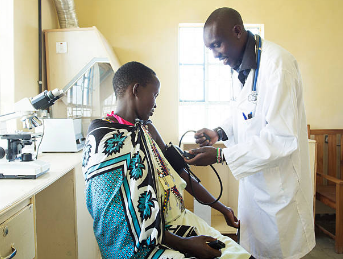WHO in collaboration with the Government of India (GoI), established the ‘National Polio Surveillance Project’ (NPSP) in 1997 to provide technical support in key areas of surveillance for polio and mass vaccination campaigns. The last case of wild poliovirus was detected in India on 13 January 2011 and WHO certified India ‘Polio Free’ on 27 March 2014. Over the years, NPSP’s role has expanded to include support to additional public health areas. It has accordingly been rechristened as National Public Health Support Programme (NPSP). WHO-NPSP has been supporting the Government of India in carrying out activities aimed at strengthening routine immunisation (RI) – including support in microplanning, monitoring of sessions and coverage in community, co-ordination and participation in accountability mechanisms such as state and district task forces. Additionally, surveillance of Polio, Measles, Rubella, Diphtheria, Whooping Cough and Tetanus in newborns is supported. These activities are undertaken by Surveillance Medical Officers (SMOs), who are posted at the district level.
To support SMOs in the aforesaid activities, we are engaging Field Monitors (FM) to perform various tasks such as planning and monitoring of the routine immunisation including new vaccine introductions, supplementary immunisation for polio and measles, visits to surveillance sites, assistance with case investigations for vaccine preventable diseases and conduct surveys as per programme needs. Following repurposing of NPSP to support Covid-19, FMs have been assisting with activities for Covid-19 control including support for planning and monitoring of containment activities and Covid-19 vaccination. The programme has engaged nearly 1400 FMs across 12 states of the country.




